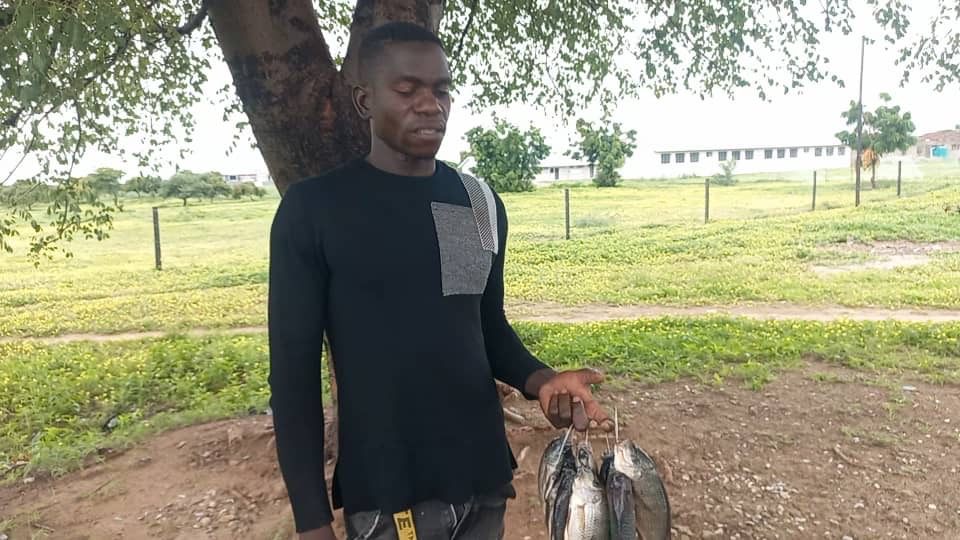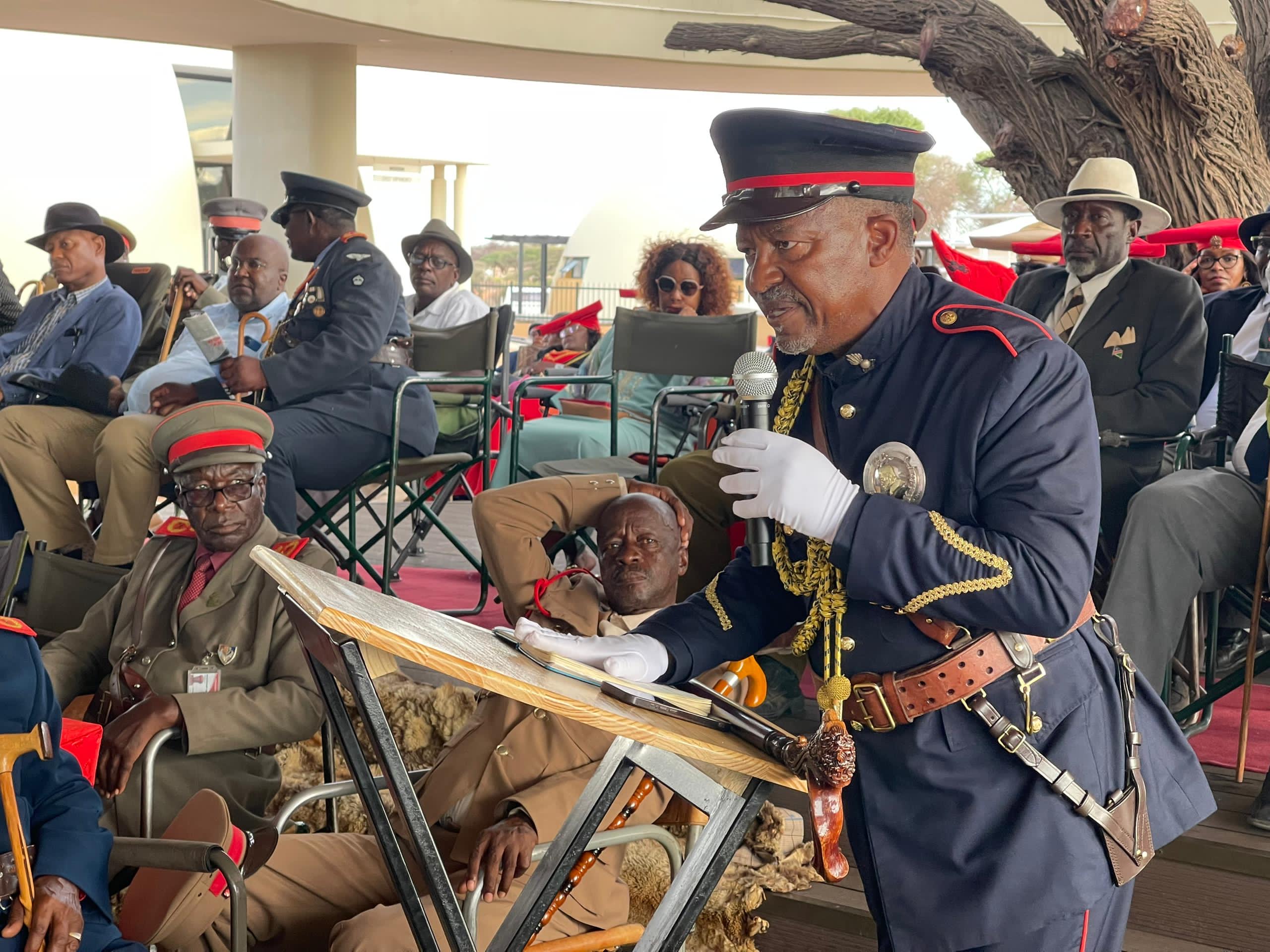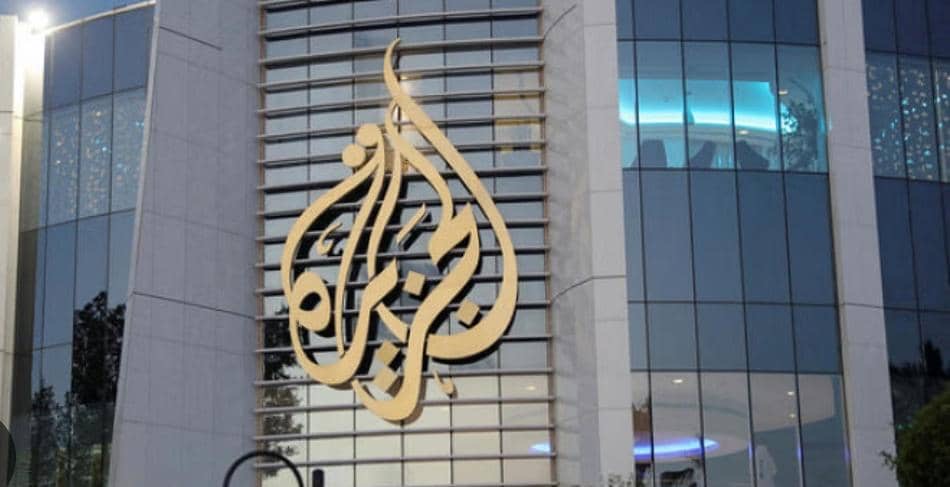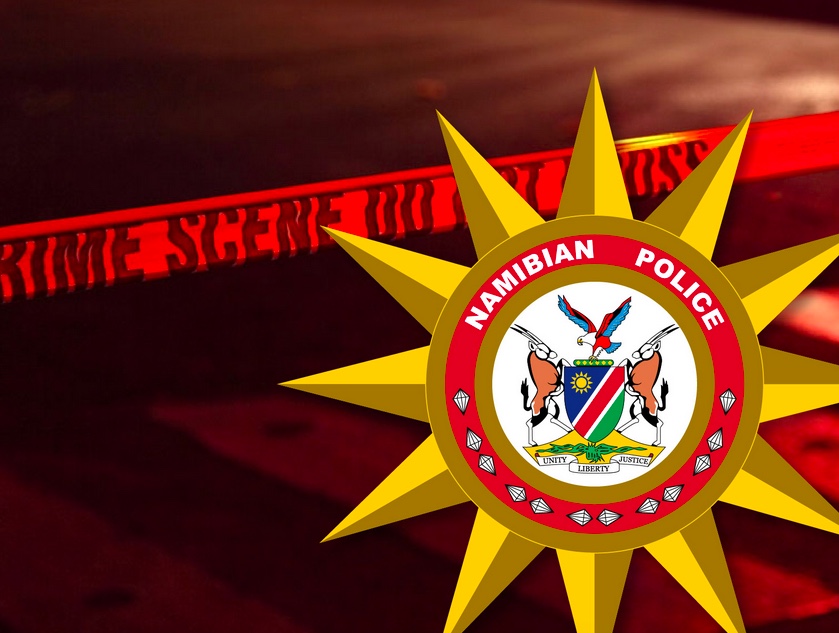BAGHDAD – Iraqi Prime Minister Nuri al-Maliki yesterday unveiled to MPs a long-awaited national reconciliation plan aimed at quelling insurgent attacks and mounting sectarian violence.
Under the plan, amnesty would be granted only to suspected insurgents in US or Iraqi government custody who had committed no crimes, Maliki said. Those with “bloodied hands” would be prosecuted and punished, he added.”The plan is open to all those who want to enter the political process to build their country and save their people, as long as they did not commit crimes,” Maliki told MPs.”To those who want to reconcile, we extend our hand with an olive branch to build our nation.To those who insist on aggression, terror and killing, we will confront them with firmness to protect our people.”The prime minister said a special council would be created to implement and oversee the 24-point plan, which was first floated on June 6.Its members would include representatives of the three branches of government – the presidency, parliament and the cabinet – as well as independent, religious and tribal figures.It would hold a series of conferences to promote the plan’s goals.”Those eligible for the amnesty must condemn violence and declare their allegiance to the national government,” Maliki said, reading one of the plan’s points.US ambassador Zalmay Khalilzad expressed strong support for the plan and called on insurgents to seize the opportunity to disarm and rejoin the political mainstream.”I urge all insurgents to lay down their arms and join the political and the democratic process in new Iraq,” he told reporters.”The national reconciliation will be difficult to implement in the near term but in the longer period of time it is the right strategic move.”So far this month, more than 2 100 security detainees in Iraqi or US custody, most of them suspected Sunni Arab insurgents, have been freed as part of the prime minister’s initiative, the US military said.Maliki stressed that the aim of his plan was to draw those parts of Iraqi society that had been alienated by the 2003 invasion back into the political mainstream, an allusion to the Sunni Arab minority that dominated Saddam Hussein’s regime and all previous Iraqi governments.”There are still some people boycotting the political process and we want to extend a hand to them so that we can isolate the terrorists,” he said.Although some Sunnis have joined the political process, many have yet to reconcile themselves to losing power to the Shi’ite majority and continue to support the insurgency.Many Sunnis believe they are the target of militias linked to Shi’ite ruling parties, while Shi’ites have a deep-seated suspicion towards any potential Sunni reconciliation partner after an upsurge of sectarian violence since the destruction of a revered Shi’ite shrine in February.Although Maliki’s plan talks of purging the fledgling security forces of militia influence and punishing those implicated in torture, it lacks any explicit language about dissolving militias.”There are militias operating in Baghdad, setting up checkpoints and abducting people on the basis of the sect they belong to.They must be stopped,” said leading Sunni Arab MP Adnan al-Dulaimi.But he expressed support for Maliki’s plan and urged all Iraqis to embrace it.Several Shi’ite MPs voiced reservations about the plan, however, underscoring the challenge Maliki faces in selling the plan to his own community and other parties in the Shi’ite alliance that heads the government.”In the name of the families of the martyrs, I want the prime minister to tell us how he will cut off the hands of the terrorists,” said Shi’ite MP Jalaleddin al-Saghir.Another MP close to Shi’ite radical leader Moqtada Sadr had the same complaint.”Do we make peace with the killers of Iraqis?” asked Falah Shanshal.”I would like the prime minister to tell me,” There was no let-up in insurgent violence following Maliki’s announcement.At least eight people were killed in rebel attacks, including a bombing in a busy Baghdad market.A report in the New York Times said that the top US commander in Iraq, General George Casey, foresees a major reduction in US forces by the end of 2007, and the first cuts this September.Japan started withdrawing military vehicles from Iraq as it begins the pullout of its 600 troops from the southern province of Muthanna.Japan is ending its first overseas military deployment to a combat zone since World War II after Maliki announced Iraqi security forces would take over the patrolling of the province.- Nampa-AFPThose with “bloodied hands” would be prosecuted and punished, he added.”The plan is open to all those who want to enter the political process to build their country and save their people, as long as they did not commit crimes,” Maliki told MPs.”To those who want to reconcile, we extend our hand with an olive branch to build our nation.To those who insist on aggression, terror and killing, we will confront them with firmness to protect our people.”The prime minister said a special council would be created to implement and oversee the 24-point plan, which was first floated on June 6.Its members would include representatives of the three branches of government – the presidency, parliament and the cabinet – as well as independent, religious and tribal figures.It would hold a series of conferences to promote the plan’s goals.”Those eligible for the amnesty must condemn violence and declare their allegiance to the national government,” Maliki said, reading one of the plan’s points.US ambassador Zalmay Khalilzad expressed strong support for the plan and called on insurgents to seize the opportunity to disarm and rejoin the political mainstream.”I urge all insurgents to lay down their arms and join the political and the democratic process in new Iraq,” he told reporters.”The national reconciliation will be difficult to implement in the near term but in the longer period of time it is the right strategic move.”So far this month, more than 2 100 security detainees in Iraqi or US custody, most of them suspected Sunni Arab insurgents, have been freed as part of the prime minister’s initiative, the US military said.Maliki stressed that the aim of his plan was to draw those parts of Iraqi society that had been alienated by the 2003 invasion back into the political mainstream, an allusion to the Sunni Arab minority that dominated Saddam Hussein’s regime and all previous Iraqi governments.”There are still some people boycotting the political process and we want to extend a hand to them so that we can isolate the terrorists,” he said.Although some Sunnis have joined the political process, many have yet to reconcile themselves to losing power to the Shi’ite majority and continue to support the insurgency.Many Sunnis believe they are the target of militias linked to Shi’ite ruling parties, while Shi’ites have a deep-seated suspicion towards any potential Sunni reconciliation partner after an upsurge of sectarian violence since the destruction of a revered Shi’ite shrine in February.Although Maliki’s plan talks of purging the fledgling security forces of militia influence and punishing those implicated in torture, it lacks any explicit language about dissolving militias.”There are militias operating in Baghdad, setting up checkpoints and abducting people on the basis of the sect they belong to.They must be stopped,” said leading Sunni Arab MP Adnan al-Dulaimi.But he expressed support for Maliki’s plan and urged all Iraqis to embrace it.Several Shi’ite MPs voiced reservations about the plan, however, underscoring the challenge Maliki faces in selling the plan to his own community and other parties in the Shi’ite alliance that heads the government.”In the name of the families of the martyrs, I want the prime minister to tell us how he will cut off the hands of the terrorists,” said Shi’ite MP Jalaleddin al-Saghir.Another MP close to Shi’ite radical leader Moqtada Sadr had the same complaint.”Do we make peace with the killers of Iraqis?” asked Falah Shanshal.”I would like the prime minister to tell me,” There was no let-up in insurgent violence following Maliki’s announcement.At least eight people were killed in rebel attacks, including a bombing in a busy Baghdad market.A report in the New York Times said that the top US commander in Iraq, General George Casey, foresees a major reduction in US forces by the end of 2007, and the first cuts this September.Japan started withdrawing military vehicles from Iraq as it begins the pullout of its 600 troops from the southern province of Muthanna.Japan is ending its first overseas military deployment to a combat zone since World War II after Maliki announced Iraqi security forces would take over the patrolling of the province.- Nampa-AFP
Stay informed with The Namibian – your source for credible journalism. Get in-depth reporting and opinions for
only N$85 a month. Invest in journalism, invest in democracy –
Subscribe Now!








